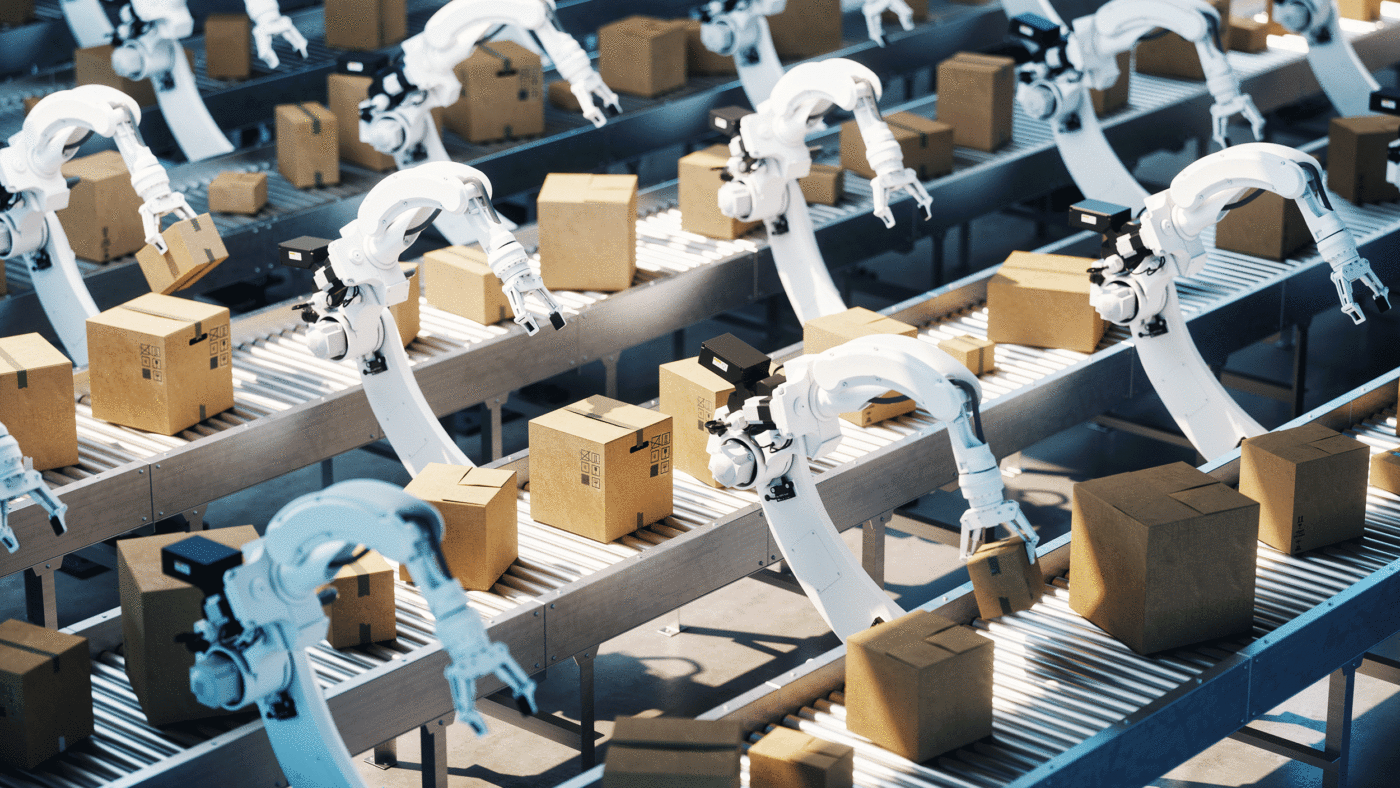Fans of Battlestar Galactica or Blade Runner could be forgiven for thinking that the prospect robots supplanting humans is something to fear. But forget science fiction – the reality of the current supply chain crisis, caused in large part by labour shortages, has clearly demonstrated how vital automation has become to our collective prosperity.
Machines don’t get sick or tired and social distancing is not an issue, making them the perfect answer to logistics problems in the post-Covid world. Yet instead of improving this technology, over the past decades we’ve become increasingly reliant on poorly paid workers in other countries.
However, even before the pandemic hit, the supply of cheap labour was in danger as
emerging economies increased wages and standards of living. When Covid came along and disrupted supply chains it became almost impossible for some firms to continue outsourcing in this way.
The tasks involved in logistical operations are particularly well suited to automation. In his 2018 report, Capitalism in the Age of Robots, Adair Turner identified predictable physical tasks, like distribution, warehousing and manufacture. and the collecting and processing of data (such as the record-keeping and database work involved in shipping and delivery) as the tasks with the most automation potential.
We’re ready for them too. As opposed to those across the pond, where a 2018
Pew Research study found that the majority of American workers believe automation will have a negative impact on the country, in the UK we seem far more optimistic with a 2019
Hays survey finding that most workers see automation as a good thing.
However, the UK has been slow to adopt these important technologies. According to a 2019 Parliamentary
report: ‘The problem for the UK labour market and our economy is not that we have too many robots in the workplace, but that we have too few’. The fear is that the UK may be left behind by other countries who embrace the development and implementation of industrial automation – and that sentiment has only grown in strength over the past two years.
There are of course downsides. Such technology is expensive to adopt, meaning larger firms have a head-start on installing robots and automating processes, and job displacement that does occur is likely to have an disproportionate impact on the lower skilled.
However, these issues are not unique to this particular technology, and the benefits of automation will be felt by all. Although job losses are worrying they can be, and are being, overcome with education, reskilling and the creation of new employment opportunities. Right now, as UK job vacancies hit an
all-time high, it’s a problem that seems a little less important.
Technologies like automation, AI, and robotics are key to providing long-term solutions to the current supply chain crisis. They are already being used by businesses everyday, but a concerted effort must be made to ramp up adoption to stay at the cutting-edge, remain competitive, and to ensure resilience against future crises.
If only we’d made friends with them a little sooner, robots could have eased some of the pain of the last two years – we should make up for it now.
Alice Calder writes on trade, the future of work, and the intersection of economics and culture.
Columns are the author's own opinion and do not necessarily reflect the views of CapX.


